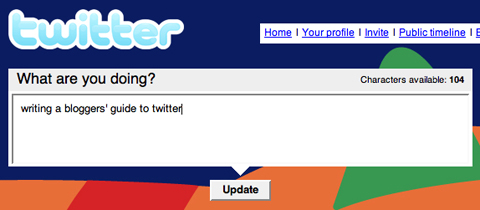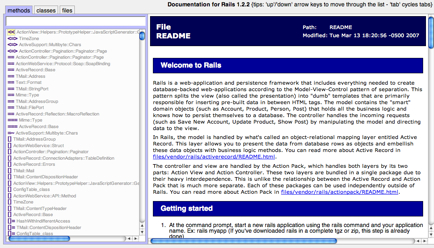OpenDegree
I believe that a radical revision of the traditional pedagogical principles and policies imposed by formal educational institutions is required. In the modern media and knowledge-intensive era of collaboration culture, the one-size-fits-all, centralized, static, top-down, and knowledge-push models of traditional learning initiatives need to be replaced with a more social, personalized, open, dynamic, emergent, and knowledge-pull model for learning. In an earlier post, I suggested a new educational model that goes beyond the traditional classroom and educational institution boundaries and presents a new way of thinking about teaching and learning. This new educational model is characterized by the following attributes:
1. Personal environments loosely joined. Rather than belonging to hierarchical and controlled groups, each person has her own personal environment and network. Based on their needs and preferences, different actors (learners, facilitators etc.) come together for a particular task or learning experience. They work together until the task is achieved and thereby do not have a permanent relationship with a formal organization or institution.
2. Personalized combination of formal and informal learning within a social context.
3. The mastery of new competencies and skills. In the new knowledge intensive society, new competencies and skills become increasingly important for better performance and thus have to be learned, continuously improved, and evaluated. Future competencies require the mastery of the 5 Cs: Content, Conversation, Connectivity, Collaboration, and Context. Furthermore, Learn-what referring to the high-quality learning resource that has to be acquired has to be supplemented with new crucial skills comprising learn who, learn where, learn why, and learn how.
§ Learn-who refers to the person or the entire community with the required know-how that can help achieving better results. Learn-who also involves the ability to navigate and learn across different communities.
§ Learn where refers to where to look for quality learning assets.
§ Learn why refers to the definition of effective learning goals.
§ Learn how refers to how learning occurs. It includes how to acquire new knowledge (e.g. through reading, professional training, discussions with peers, formal studies or research), how to apply knowledge effectively, how to generate, design, plan, structure, capture, store, evaluate, manage, use, disseminate, deliver learning assets, how to build a learning environment, and how to use the appropriate technology to achieve a given task.
Personalization: A PLE is characterized by the freeform use of a set of lightweight services and tools that belong to and are controlled by individual learners. Rather than integrating different services into a centralized system, the idea is to provide the learner with a myriad of services and hand over control to her to select and use the services the way she deems fit.
Participation: A PLE driven approach does not only provide personal spaces, which belong to and are controlled by the user, but also requires a social context by offering means to connect with other personal spaces and networks for effective knowledge sharing and collaborative knowledge creation.














